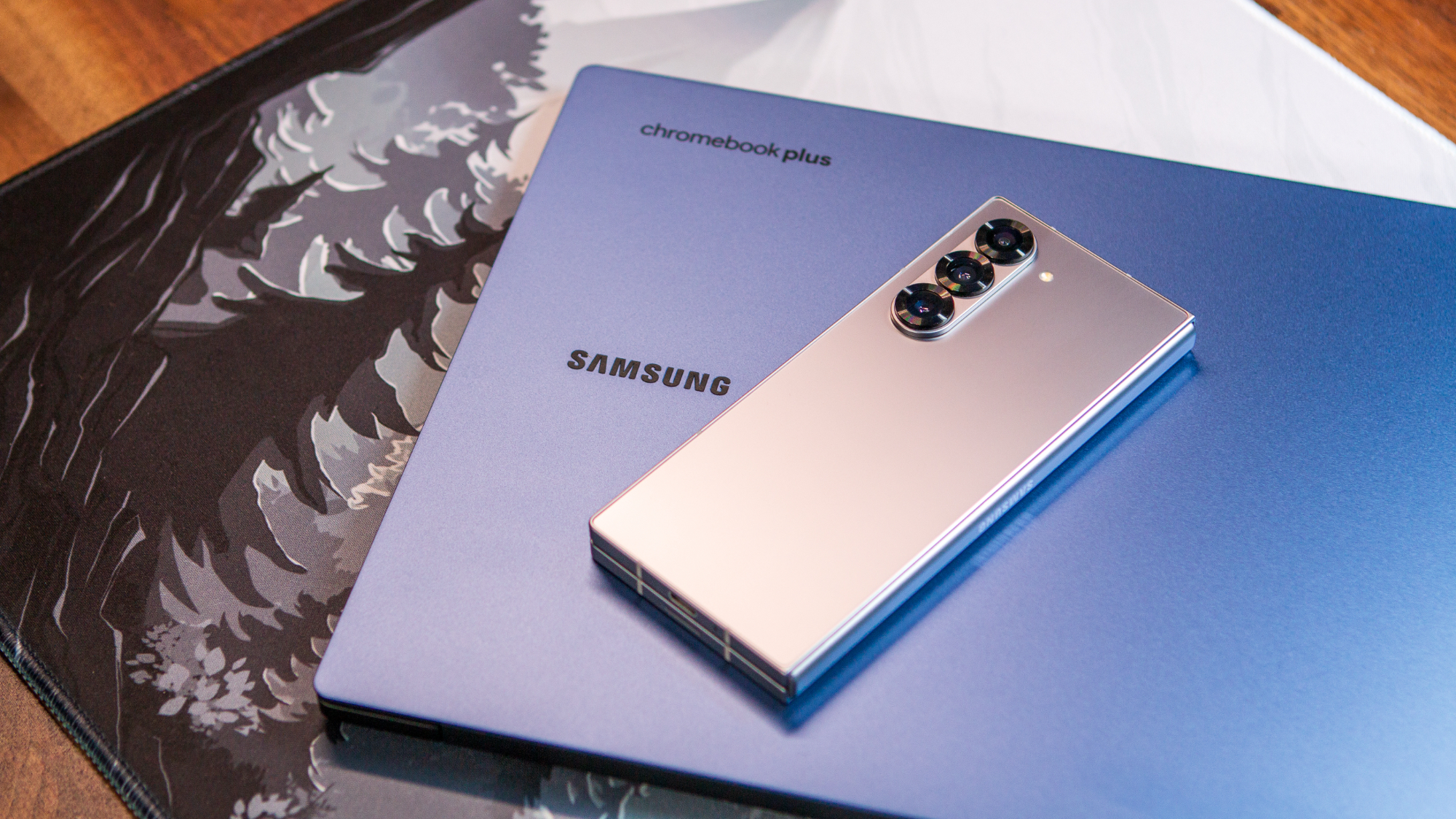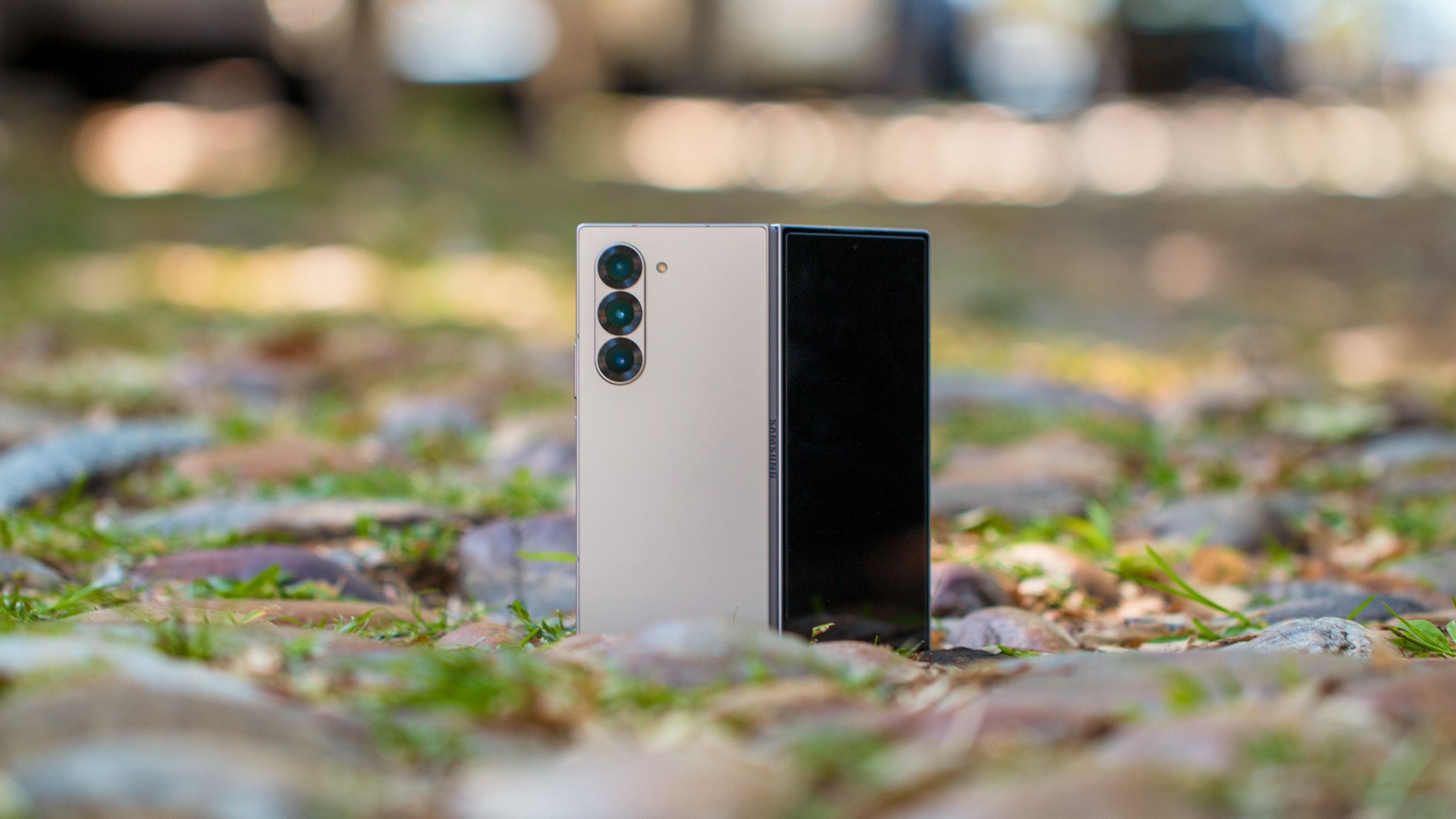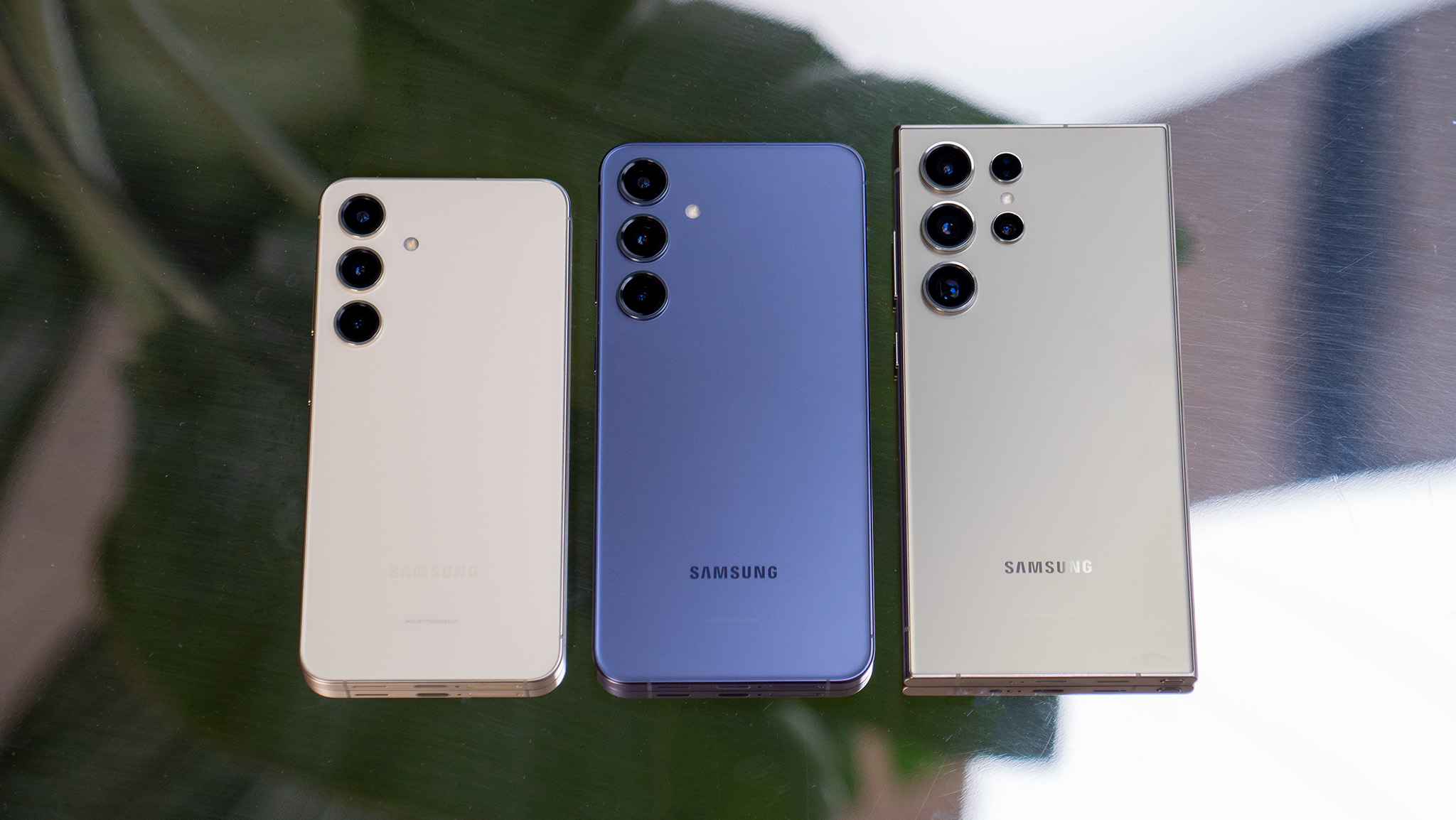
What you need to know
- A report from the Korean media outlet E-Today claims that Samsung is exploring a new smartphone brand to replace or join the Galaxy brand.
- The article compares Samsung's ideas of a brand addition to the automotive industry, where longtime automaker Hyundai successfully added a luxury Genesis brand.
- Since the Samsung Galaxy brand is used for devices under $200 and over $2,000, it isn't solely used for premium products.
Following a company apology and disappointing financial results, Samsung may be looking to shake things up. According to a report from Korean media outlet E-Today, spotted by Jukanlosreve on X (formerly Twitter), the South Korean electronics company may be exploring the idea of introducing a new smartphone brand. This fresh brand would join or replace Galaxy, which has been a staple of Samsung phones dating back to 2009.
"Samsung Electronics is known to be studying various ideas for changing or adding smartphone brands and the pros and cons of launching new brands," the article explains, translated from Korean to English.
The first inkling that Samsung might be looking into changing up its electronics branding came at CES 2024, when Lee Young-hee, the head of Samsung Electronics' global marketing, acknowledged the idea of a new name. "I know that Galaxy has so many lineups that they expect a new name when there is an innovative turning point," Lee Young-hee said.
It's unclear what kind of "innovative turning point" would prompt Samsung to launch a new brand, but Young-hee has the right idea. If the company simply launched a refreshed brand that encompassed the same Galaxy products, with only a new name to separate them, the rebrand likely wouldn't be as successful.
Considering that the Galaxy "S" lineup's innovation has stalled over the last few years, it would stand to reason that this kind of innovation would come from foldables. Samsung is reportedly exploring rollable and tri-fold phones, for example.
Android Central has reached out to Samsung about the E-Today report and its accuracy, and they did not get back to us in time for publication. We will update this article once we have more information.
Samsung could learn from Apple

It's easy to see why the Samsung Galaxy brand might not be as strong as it was, say, a decade ago. Today, there are tens — if not hundreds — of products that are called "Galaxy." They range from phones to wearables to even full-fledged laptops. It's a stark contrast in branding compared to Apple, arguably Samsung's biggest competitor. The iPhone, iPad, Mac, Apple Watch, and AirPods are all unique, distinct, and successful.
When you hear the "Galaxy" brand, you're not entirely sure what it means. It could refer to a smartphone, laptop, or a pair of earbuds. Even if you narrow it down to the smartphone category, a Galaxy phone could refer to a $200 Samsung Galaxy A15 5G or a $1,900 Samsung Galaxy Z Fold 6. Part of Samsung's overall success has been its willingness to meet consumers where they are, at every price point, in just about every market. This is why Samsung usually ships more smartphones each quarter than any other manufacturer on the planet.
People (wrongly) think everything Apple makes is premium, but it's because Apple won branding. There's no company that does it better. To compete with the iPhone, one of the strongest brands to ever exist, Samsung might need a new one. When that "innovative turning point" comes, I think the company should create something unique. If for no other reason than simplifying things and getting rid of the S, A, M, F, and Z lettering, Samsung would do right to introduce distinct branding.
Samsung should try a new brand — but it might not work

Whether a new brand will help solve Samsung's problems or not really comes down to one key question. Is Galaxy the brand, or is it Samsung? You don't hear many people call it the Apple iPhone, but you do hear people call phones Samsung Galaxy devices. In fact, I often hear people refer to Galaxy phones as simply Samsung phones, dropping the Galaxy moniker altogether, although there are plenty who will just call it "a Galaxy." If my suspicion is correct, and Samsung is the brand, swapping out "Galaxy" for another brand won't do much.
The Google Pixel brand is the perfect example of how a reboot can be successful and unsuccessful. It's true that Pixels successfully usurped Nexus, becoming a different thing entirely from early Nexus phones and earning industry respect. However, Google Pixel market share is still minuscule compared to that of Apple and Samsung market share. It was hard to rebrand in 2016 when Google launched the Pixel, and it's even harder today.
That's why niche smartphone manufacturers have been forced to switch gears or shutter their phone initiatives altogether. Asus and Sony both offer unique phone brands, but the Zenfone isn't distinctly compact anymore, and the Xperia brand is struggling. LG's "ThinQ" branding was also incredibly awkward (it still is) when it debuted and did nothing to help the company regain market share. The company also failed so spectacularly with the Wing that it stopped making phones altogether less than a year after the phone debuted.
In 2024, I'm not convinced that a new smartphone brand would meaningfully help Samsung in its fight against Apple and the iPhone. It certainly can't hurt, though.







